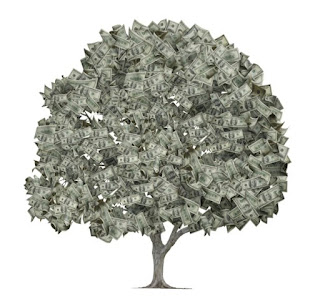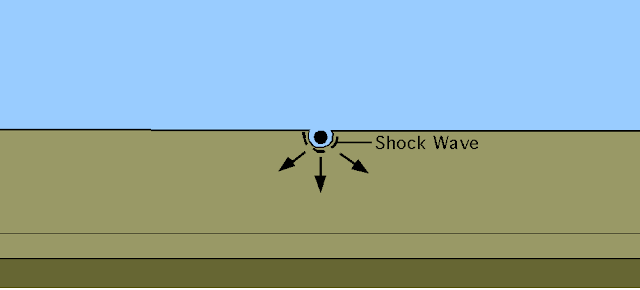Money creation in a post-crisis world

As many of you know, I have spent much of the last seven years explaining to anyone who will listen that banks do not "lend out" deposits or reserves. Rather, they create both loan assets and matching deposit liabilities "from nothing" by means of double entry accounting entries. Creating money with a stroke of the pen (or a few taps on a computer keyboard) is what banks do. But this does not mean that the money that banks create comes from nowhere. It doesn't. It is only created when they lend (or when they purchase assets, which is equivalent to lending). As Pontus Rendahl explains in a comment on my previous blogpost , what banks do is liquidity transformation - exchanging long-term illiquid assets for short-term liquid ones: How do private banks create money? They create a deposit. A deposit is a Barclays-pound/Bank of America-dollar, or what not, that is traded and accepted as a means of payment at a one-to-one exchange rate with the underlying natio...


